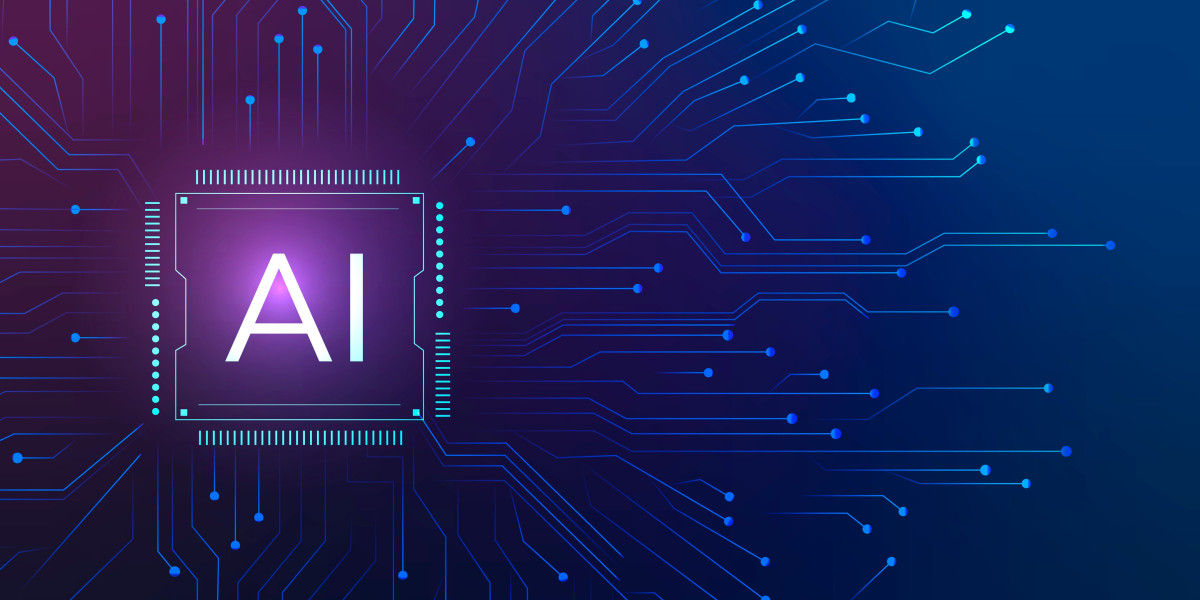AI's Role in Diagnosis and Treatment
AI-powered diagnostic tools are redefining precision medicine by analyzing vast datasets with remarkable speed and accuracy. Machine learning algorithms can detect patterns in medical images, such as X-rays and MRIs, aiding radiologists in identifying abnormalities that might be overlooked. For instance, AI algorithms have shown promising results in detecting early signs of diseases like cancer, enabling early intervention and potentially saving lives.
Moreover, AI-driven predictive analytics are enhancing treatment strategies by providing personalized insights based on individual patient data. These technologies analyze genetic information, medical history, and real-time patient monitoring data to recommend tailored treatment plans. This personalized approach not only improves treatment efficacy but also reduces adverse effects by minimizing trial and error in medication selection.
Enhancing Operational Efficiency
Beyond clinical applications, AI is optimizing healthcare operations across various fronts. Administrative tasks, such as scheduling appointments and managing electronic health records (EHRs), are being automated to free up valuable time for healthcare professionals. Natural Language Processing (NLP) enables AI systems to extract relevant information from unstructured data sources, facilitating faster decision-making and enhancing administrative workflows.
In hospitals and healthcare facilities, AI-powered predictive analytics are used to forecast patient influxes, optimize resource allocation, and manage inventory efficiently. These predictive capabilities help healthcare providers anticipate demand, allocate staff resources effectively, and ensure that critical supplies are always available, thereby improving operational efficiency and reducing costs.
AI in Remote Monitoring and Telehealth
The rise of telehealth and remote monitoring has been accelerated by AI technologies, especially in the wake of global health crises. AI-driven remote monitoring devices can continuously collect and analyze patient data, providing real-time insights into health metrics. This capability enables healthcare providers to remotely monitor patients with chronic conditions, detect early warning signs of deterioration, and intervene promptly, thereby reducing hospital admissions and improving patient outcomes.
Telemedicine platforms powered by AI facilitate virtual consultations, enabling patients to access healthcare professionals remotely. AI algorithms enhance telemedicine by supporting clinical decision-making through data-driven insights and facilitating seamless communication between patients and providers. This approach not only enhances accessibility to healthcare services but also promotes patient engagement and satisfaction.
Ethical Considerations and Challenges
While AI presents transformative opportunities for healthcare, ethical considerations must be carefully addressed. Issues such as data privacy, algorithm bias, and the ethical use of AI in medical decision-making require stringent regulatory frameworks and ethical guidelines. Ensuring transparency in AI algorithms and promoting equity in healthcare access are essential to harnessing the full potential of AI while mitigating ethical risks.
Conclusion
In conclusion, AI is poised to revolutionize healthcare by enhancing diagnostic accuracy, optimizing treatment outcomes, and improving operational efficiency. As technology continues to evolve, integrating AI into healthcare systems will be crucial for meeting the growing demands of an aging population, advancing medical research, and achieving better health outcomes globally. Embracing AI in healthcare not only promises to transform patient care but also sets the stage for a future where precision medicine and personalized healthcare are the norm rather than the exception.
In this dynamic landscape, stakeholders must collaborate to harness the potential of AI responsibly, ensuring that innovation aligns with patient-centric values and ethical standards. By embracing AI's capabilities, healthcare systems can navigate the complexities of modern medicine, paving the way for a healthier and more connected future.



